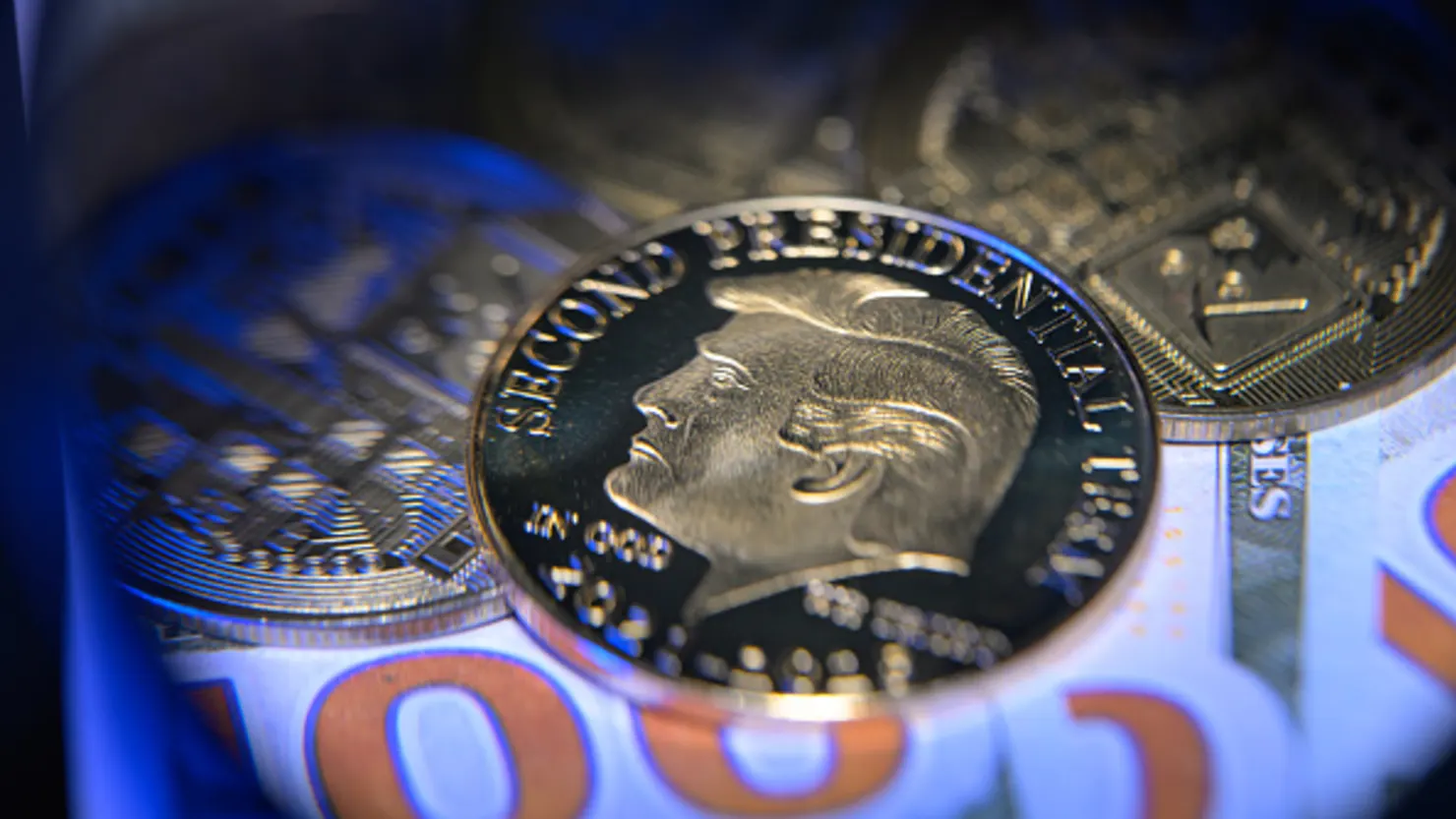Nick Pinto, a 25-year-old marketing director at his family’s New Jersey law firm and a seasoned crypto trader, invested $500,000 into the $TRUMP meme coin to secure an invitation to a private dinner with Donald Trump at the former president’s golf club in Potomac Falls, Virginia. Pinto, who ranked 72nd in the token contest, was one of 220 top holders rewarded with access to what was touted as one of the “most exclusive” events in the world. He shared that his interest in crypto began early with investments in bitcoin and ethereum, and he moved quickly once the Trump coin was announced.
The $TRUMP token, which has no intrinsic value or asset backing, was launched before Trump’s latest inauguration and rapidly drew scrutiny. Despite having no clear utility, speculation around its use in a forthcoming Trump-branded digital golf game—set for release in June—has fueled buyer interest. Pinto said he hopes to ask Trump directly about the coin’s role in the game during the dinner.
The dinner’s exclusivity, awarded to the most committed investors, drew accusations of corruption from Democratic lawmakers, who criticized the token contest as a “pay to play” scheme. The leaderboard was calculated using a time-weighted formula, favoring those who held large amounts of the token for extended periods. Notably, the top 25 investors were promised a private reception with Trump and a special VIP tour.
Concerns over foreign influence emerged as blockchain analytics revealed that 19 of the top 25 wallets, and over half of the top 220, appeared to be operated by non-U.S. entities. Analysts estimate the contest generated $148 million in global purchases. Among the prominent participants is Justin Sun, founder of the TRON blockchain, who reportedly invested more than $20 million in the $TRUMP token and was an early backer of World Liberty Financial, a Trump family crypto initiative.
World Liberty Financial and the meme coin project have proven to be lucrative for Trump-affiliated entities. Over 75% of revenue from the family’s crypto ventures and more than 80% of profits from the meme token reportedly flowed directly to the Trump Organization and related groups. Additionally, the project has amassed hundreds of millions in transaction fees, thanks to code that automatically diverts a portion of each trade to team-controlled wallets.
Not all participants succeeded. Houston-based Freight Technologies, which invested $2 million, failed to make the cut, finishing outside the top 220 despite its strategic push to influence trade policy.
The token’s value has fluctuated wildly, peaking with a $15 billion market cap before crashing to around $2.1 billion. More than $5.2 billion in profits flowed to top holders, while smaller traders suffered collective losses nearing $4 billion.
Amid the backlash, Democratic senators introduced legislation to ban sitting presidents from profiting off meme coins. Sen. Elizabeth Warren called the dinner an “orgy of corruption,” while Sen. Chris Murphy decried the open monetization of public office. Despite the controversy, Pinto remains optimistic, saying he only invested what he could afford to lose—even if it all goes to zero.
READ MORE:
